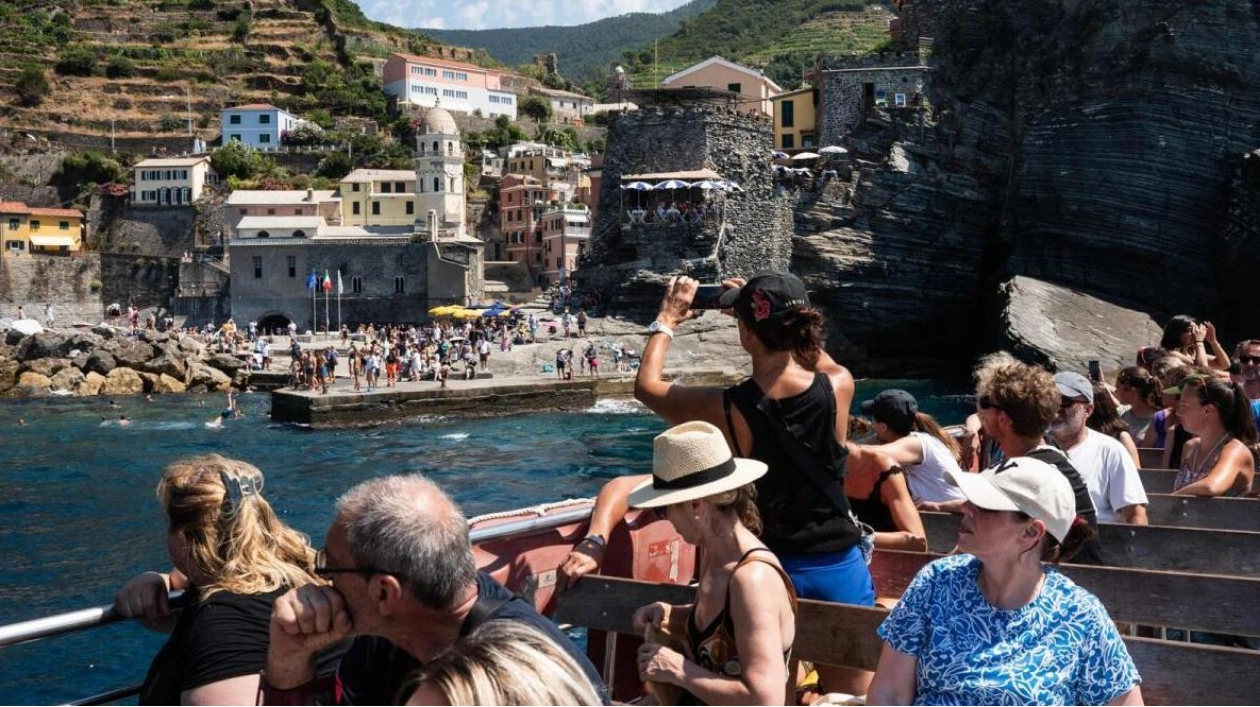Overtourism, already a source of concern from Venice to the Italian Riviera, could lead to higher costs for travelers as Rome contemplates increasing the tourist tax to encourage more responsible behavior and generate revenue. A draft decree from the summer suggests that Giorgia Meloni's government is considering doubling the current tourist tax of around five euros per night to 10 euros for rooms priced at 100 euros, 15 euros for those over 400 euros, and 25 euros for luxury suites costing more than 750 euros.
This proposal has stirred discontent among tourism groups, who worry that it might discourage visitors. "We must not deter tourists with excessive taxes," said Marina Lalli, leader of Federturismo. "With a VAT rate of 22 percent, adding more taxes could harm Italy's competitive edge, particularly for all-inclusive, organized trips." Bernarbo Bocca, head of Federalberghi, criticized the government for viewing hotels as cash machines. Despite international headlines about the potential tax hike, Tourism Minister Daniela Santanche dismissed "unfounded alarmism" without refuting the plan, stating that the tax is being discussed to enhance services and promote responsible tourism.
Italy, the world's fourth most visited country, attracted 57.2 million foreign tourists in 2022, contributing $55.9 billion to the economy, according to the UNWTO. At Milan's Duomo, opinions were mixed among tourists about the tax increase. Fabea Wiegand, a Swiss economics student, opposed the tax, suggesting she would travel elsewhere. Conversely, Liam Roth, a Zurich computer science student, supported the measure, acknowledging the impact of tourism on local life.
A government insider revealed ongoing discussions with industry and local authorities, emphasizing that the tax increase remains a hypothesis. Italy's allure, rooted in its cultural heritage and beautiful coastline, has long attracted tourists, but the influx is becoming unsustainable. Venice introduced a peak-period fee of five euros for day visitors, yet the city remains crowded. Similarly, the Italian Riviera implemented a five-euro fee for the "Path of Love" to manage visitor numbers. Anti-tourist graffiti in Florence and Barcelona reflects resident frustrations over noise, crowding, and the transformation of local economies by tourism.
Under the proposed plan, the tourist tax, which netted 775 million euros in 2023, would be expanded to all 7,904 municipalities.






